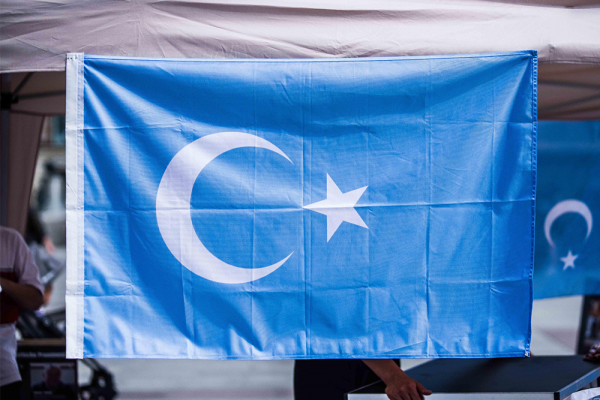Feb 25, 2022
As the 2022 Winter Olympics in Beijing wound to a close in a ceremony of flags, fireworks, and an LED screen designed to look like ice, one Seattle-area church marked the end of the international games with a very different kind of event: a meal and listening session with members of the Uyghur community in and around Edmonds, Wa.
Read the Full Article

Already a subscriber? Login
